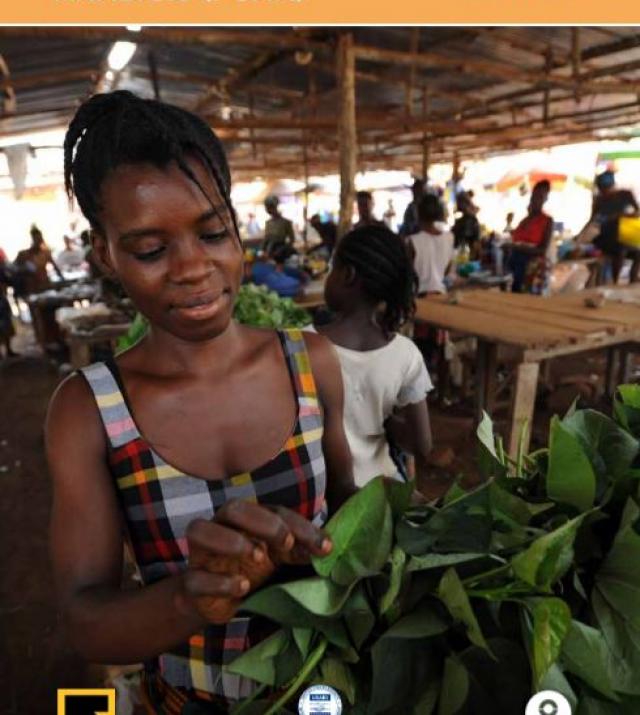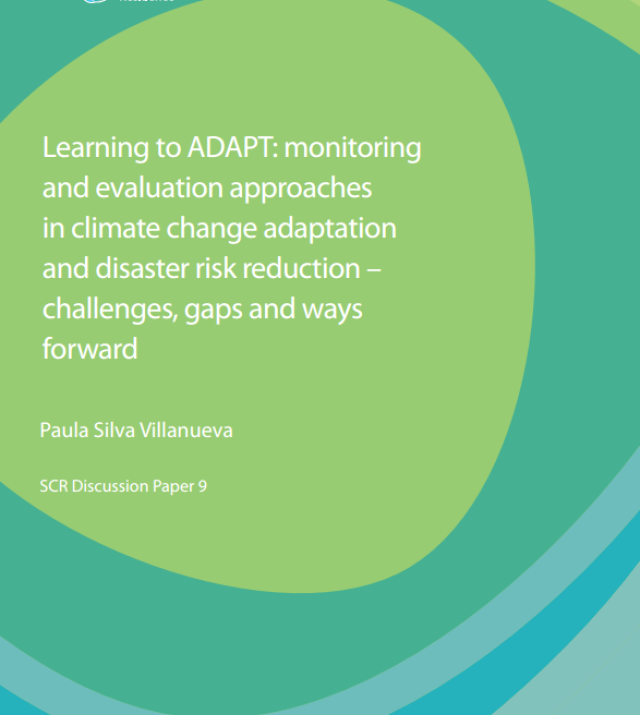
Community Resilience: Conceptual Framework and Measurement Feed the Future Learning Agenda

USAID defines resilience as “the ability of people, households, communities, countries, and systems to mitigate, adapt to, and recover from shocks and stresses in a manner that reduces chronic vulnerability and facilitates inclusive growth” (USAID, 2012). As part of the broader USAID Feed the Future Learning Agenda, the agency seeks to operationalize and measure resilience, recognizing that there is ongoing debate over definitions of resilience and measurement approaches. These questions are under examination in a range of academic fields and by the community of development practitioners, as evidenced by initiatives such as the Technical Working Group on Resilience Measurement and the recent Expert Consultation on Resilience Measurement for Food Security.
This paper seeks to advance the discussion by focusing specifically on a conceptual framework for the measurement of community resilience. It is intended for use by donors and implementing partners, non-governmental organizations, multilateral organizations, and government and community stakeholders seeking to apply a resilience measurement framework to policy and programming of development initiatives. It is envisioned as especially relevant in areas with highly vulnerable populations subject to ongoing shocks and stresses, where the effectiveness of past efforts to improve the situation has fallen short.

